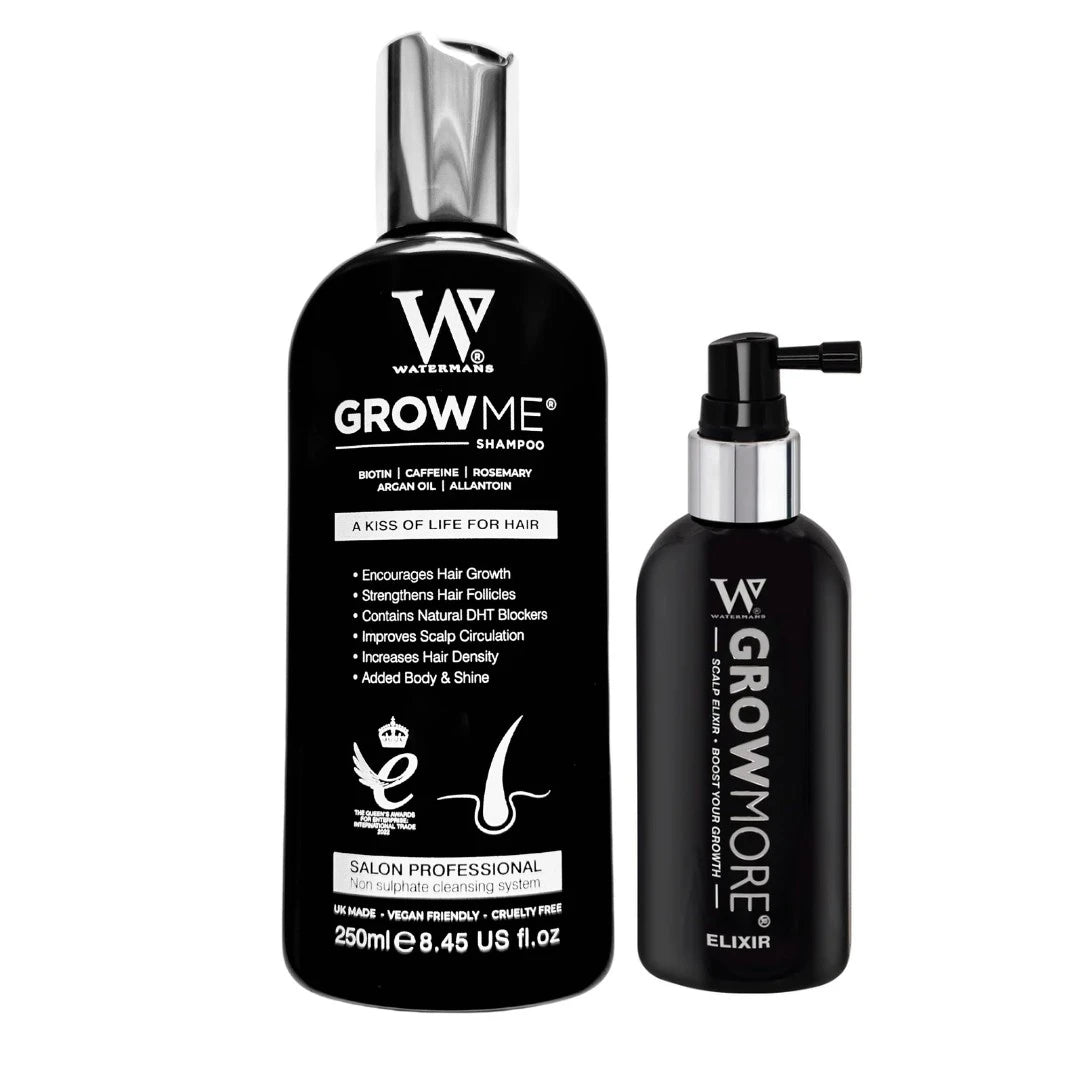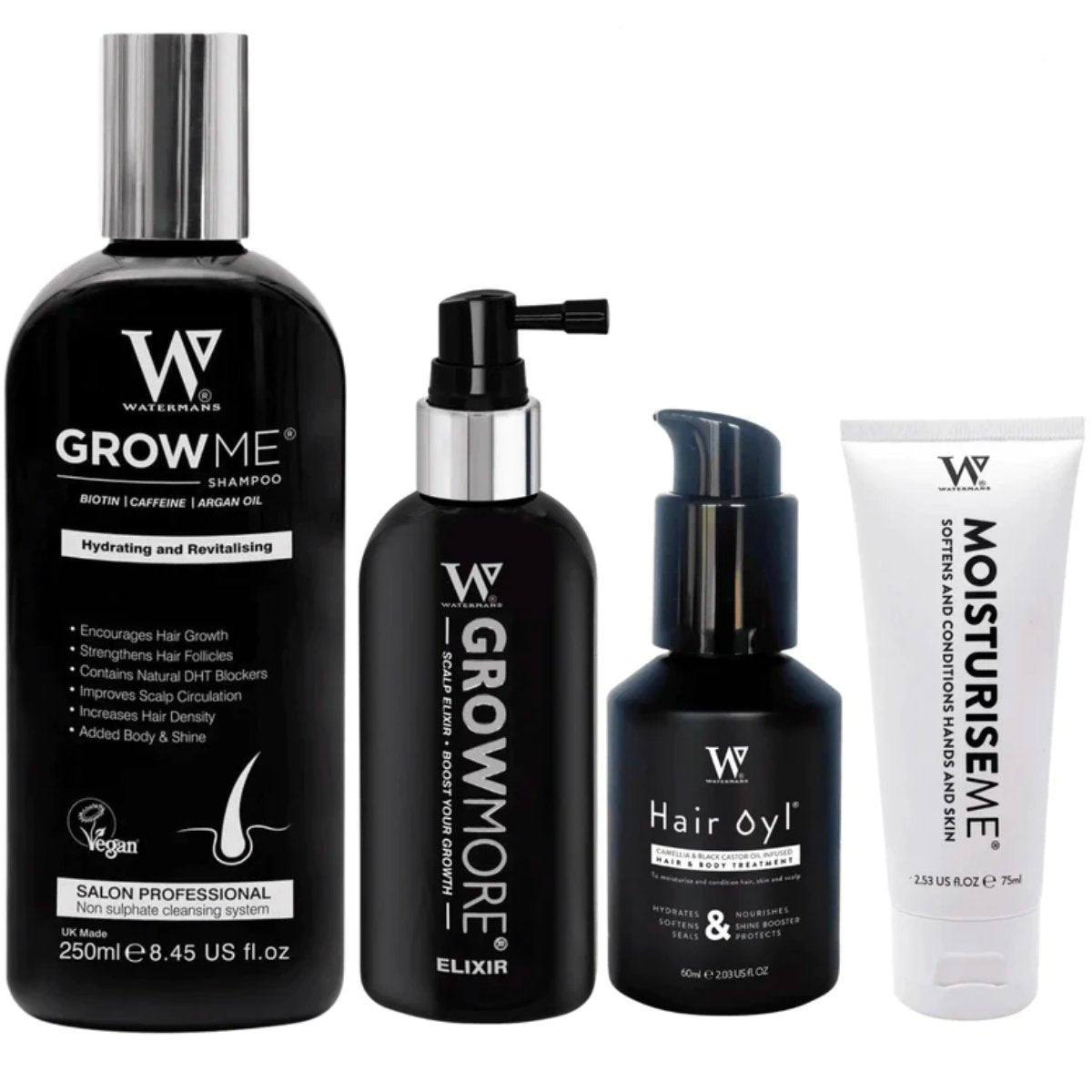
Unlocking the Secrets to Cancer Prevention: Discover Expert Tips in Our Latest Episode!
Cancer prevention remains a critical topic in health and wellness, with ongoing research shedding light on practical steps individuals can take to reduce their risk. In our latest episode, experts share invaluable insights and strategies designed to empower you in the fight against cancer. This article summarizes these powerful tips, aiming to promote a healthier lifestyle for improved long-term wellbeing.
Understanding Cancer and Its Risk Factors
Cancer is a complex group of diseases characterized by uncontrolled cell growth. While genetics play a role, many cancers are influenced by environmental and lifestyle factors. Common risk contributors include tobacco use, poor diet, physical inactivity, exposure to carcinogens, and infections. Recognizing these factors is the first step toward effective prevention.
Expert-Backed Lifestyle Changes for Cancer Prevention
1. Adopt a Balanced, Nutrient-Rich Diet
A diet rich in fruits, vegetables, whole grains, and lean proteins supports immune function and reduces inflammation. Antioxidants found in colorful produce help neutralize free radicals that can damage DNA. Limiting processed meats, sugary foods, and excessive alcohol consumption is also crucial in lowering cancer risk.
2. Maintain Regular Physical Activity
Engaging in moderate-intensity exercise for at least 150 minutes per week not only helps regulate weight but also improves hormone levels and boosts the immune system. Physical activity reduces the risk of several cancers, including breast, colon, and endometrial cancers.
3. Avoid Tobacco and Limit Alcohol Usage
Tobacco use remains the leading preventable cause of cancer worldwide. Quitting smoking or never starting significantly decreases your risk. Similarly, limiting alcohol intake can reduce the likelihood of cancers related to the mouth, throat, liver, and breast.
4. Protect Yourself from Harmful UV Exposure
Ultraviolet (UV) radiation from the sun or tanning beds increases the risk of skin cancer. Wearing protective clothing, applying broad-spectrum sunscreen, and seeking shade during peak sun hours can effectively minimize this risk.
The Role of Regular Screening and Vaccination
Detecting cancer early greatly improves treatment outcomes. Routine screenings such as mammograms, colonoscopies, and Pap tests help identify precancerous changes or early-stage cancers. Additionally, vaccines like HPV and Hepatitis B can prevent infections that may lead to cancer.
Managing Stress and Prioritizing Mental Health
Chronic stress can impair immune response and promote inflammation, factors associated with cancer development. Incorporating stress-reduction practices such as mindfulness, yoga, or counseling contributes to overall health and resilience.
Leveraging Hair Health as Part of Self-Care in Cancer Prevention
While hair health does not directly prevent cancer, maintaining a healthy scalp and hair can reflect overall wellness and boost confidence during challenging health journeys. Using quality hair products designed to nourish and protect can be an empowering part of your self-care routine.
By integrating these expert recommendations into your daily life, you take proactive steps toward lowering your cancer risk. Prevention centers on informed choices, consistent habits, and becoming actively engaged in your health. Stay tuned for more episodes unlocking deeper knowledge about cancer and wellness.













